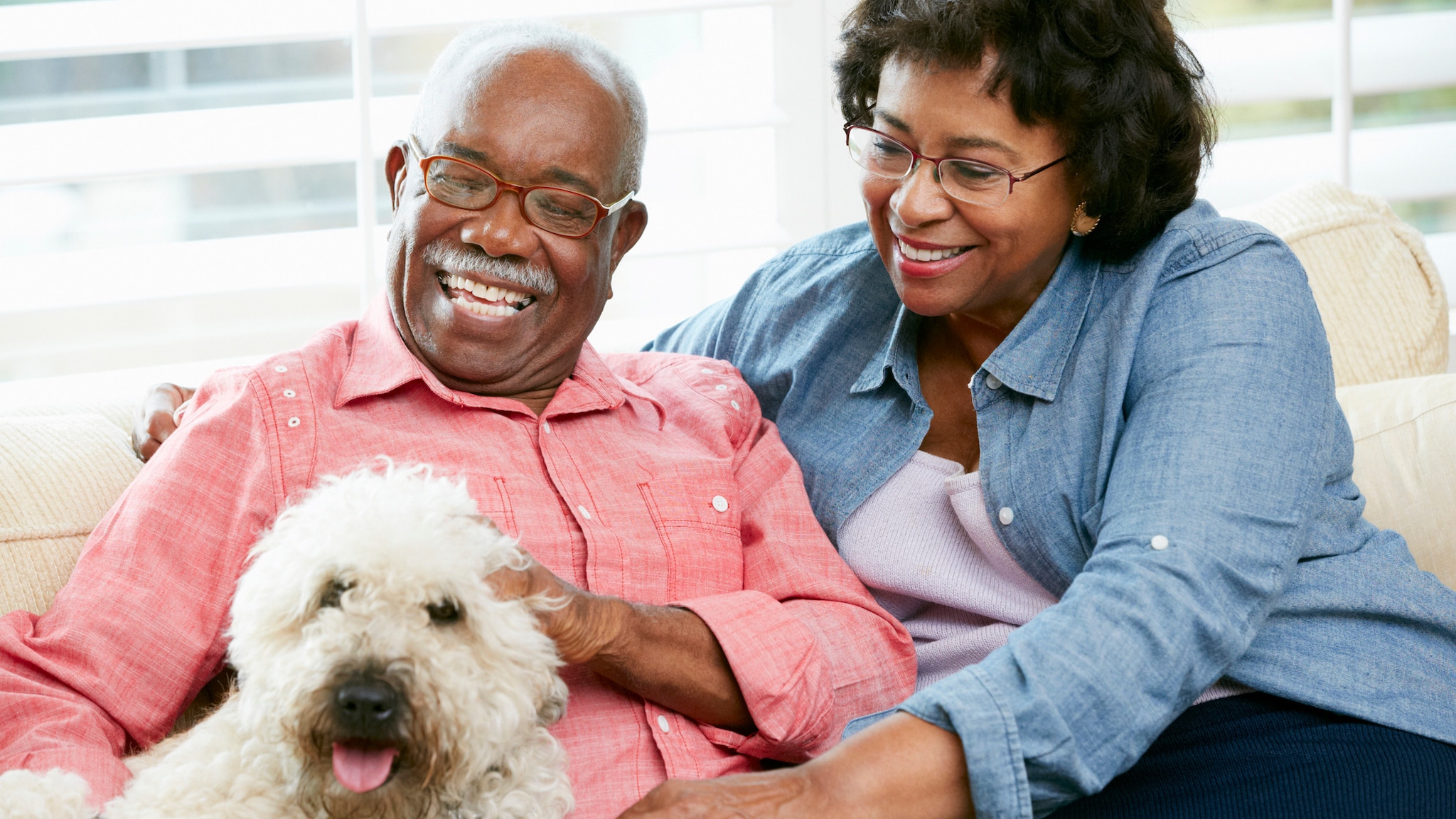What to know
- Anyone can get sick from germs animals can carry, but some people are more likely to get sick and have more serious illness.
- Riskier animals include rodents, reptiles, amphibians, and poultry.
- These people don't need to avoid all contact with animals but should be aware of the risks and take steps to protect themselves.

High-risk animals

These animals are more likely to carry germs that can make people sick:
- Reptiles and amphibians (lizards, snakes, turtles, frogs)
- Backyard poultry (chickens, ducks, turkeys, geese)
- Rodents (hamsters, guinea pigs, rats, mice, and other small rodents)
- Exotic pets (monkeys and other wild animals)
Even animals that look clean and healthy can carry harmful germs, and areas where animals live or roam can be contaminated – you don’t have to touch an animal to get sick.
Who's at risk
Children Younger Than 5 Years Old

Children under 5 are more likely to get sick from germs that animals can carry. This is because young children often touch surfaces that may be contaminated with animal feces (poop), and they are more likely to put their hands in their mouths. Young children are more likely to get a serious illness from germs that animals can carry because their immune systems are still developing.
Adults 65 and Older
Older adults are more likely to get sick from germs some animals—even household pets—can carry, and their illness may be more severe than other people. As people age, their immune systems and organs don’t recognize and get rid of harmful germs as well as they once did.
People with Weakened Immune Systems
People with a weakened immune system have a higher risk of getting diseases from animals. A weakened immune system can be caused by a genetic condition, an illness such as HIV/AIDS, cancer, or kidney disease, or a treatment such as an organ transplant or radiation therapy. Some medicines can also weaken the immune system, including steroids, cancer chemotherapy, and drugs used to treat autoimmune diseases like rheumatoid arthritis or psoriasis.
Pregnant People
Pregnant people are more likely than other people to get sick from certain germs animals can carry. Pregnant people can pass germs and harmful bacteria to their unborn babies or to their babies during birth. Germs, bacteria and infections can cause serious illness, birth defects, and lifelong disabilities, such as hearing loss or learning problems. Pregnant people are at risk for toxoplasmosis, which can spread from cats, and lymphocytic choriomeningitis virus (LCMV), which can spread from some rodents.
Places with increased risk
Petting zoos
Every year, many people get sick after visiting an animal exhibit. From 2010-2015, about 100 outbreaks of illness in people linked to animals in public settings like zoos, fairs, and educational farms were reported to public health officials. Some of the most common harmful germs people get from animals at exhibits are E. coli, Cryptosporodium, and Salmonella.
Schools and daycares
There have been disease outbreaks from hatching eggs and chicks in the classroom and from contaminated animal products used for hands-on learning, such as owl pellets for dissection. Salmonella and E. coli are common germs spread by animals in these settings.
Prevention
Adults 65 and older, people with weakened immune systems, and caretakers for children under 5 should be aware of the increased risk of getting sick from high-risk animals. These groups might consider other animals as pets or having someone else in the household care for the animal.
Everyone should wash hands thoroughly with running water and soap after handling animals, their poop and pee, their food, or other supplies. This is especially important for people at higher risk of illness.
Learn healthy habits
How to keep kids safe
- CDC recommends that children under 5 years old avoid contact with reptiles, amphibians, poultry (including chicks and ducklings), and rodents.
- Always supervise children around animals.
- Never allow children to kiss animals or to put their hands or other objects into their mouths after handling animals.
- Always wash children's hands thoroughly with soap and water right after they touch, feed, or care for animals. Adults should supervise handwashing for young children.
- Wash your hands before breastfeeding or preparing formula.
- Keep children away from animals while they are eating to prevent the risk of bites or other injuries.
- Adults should supervise and be extra cautious when children younger than 5 years old have direct contact with farm animals, including animals at petting zoos and fairs.
